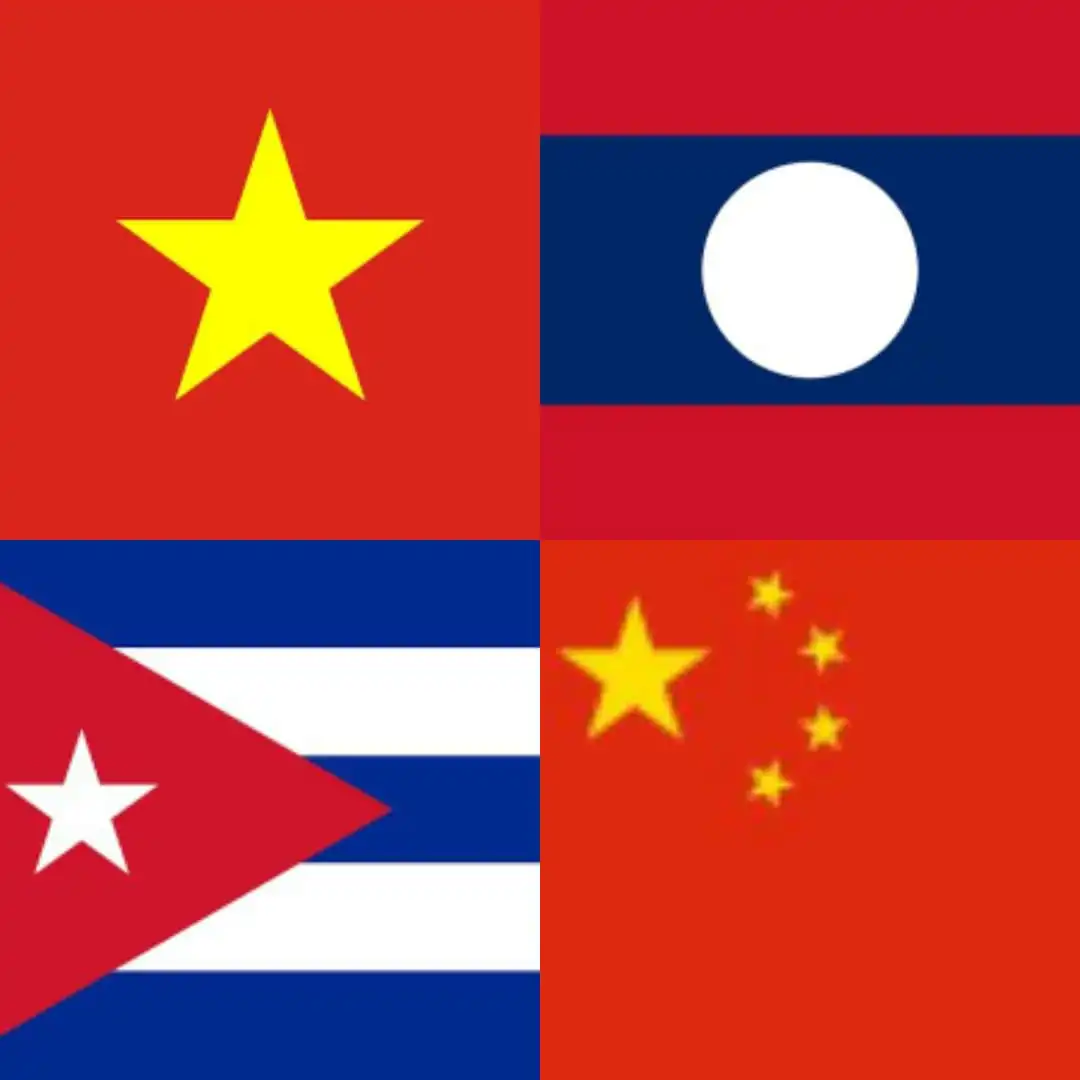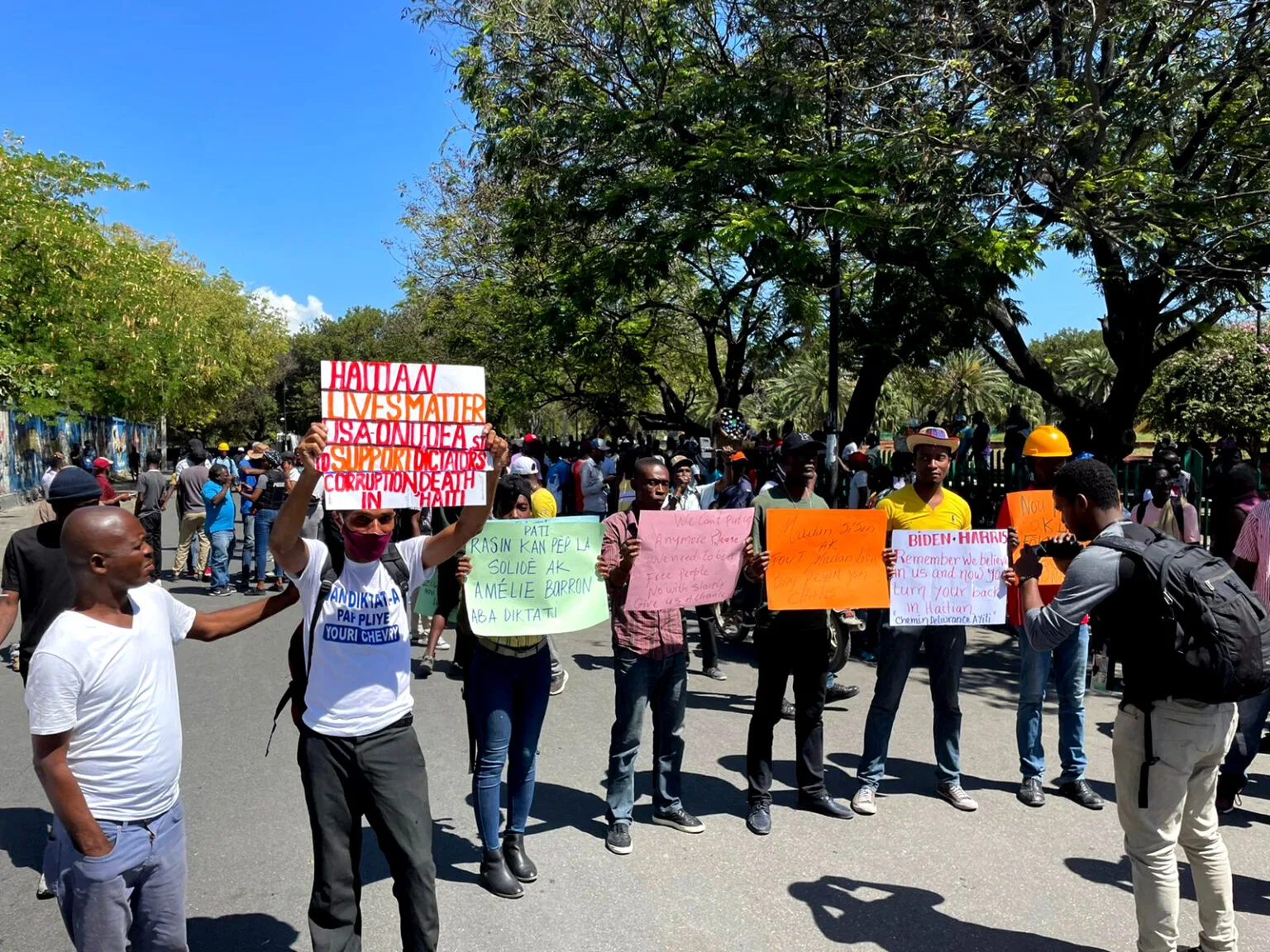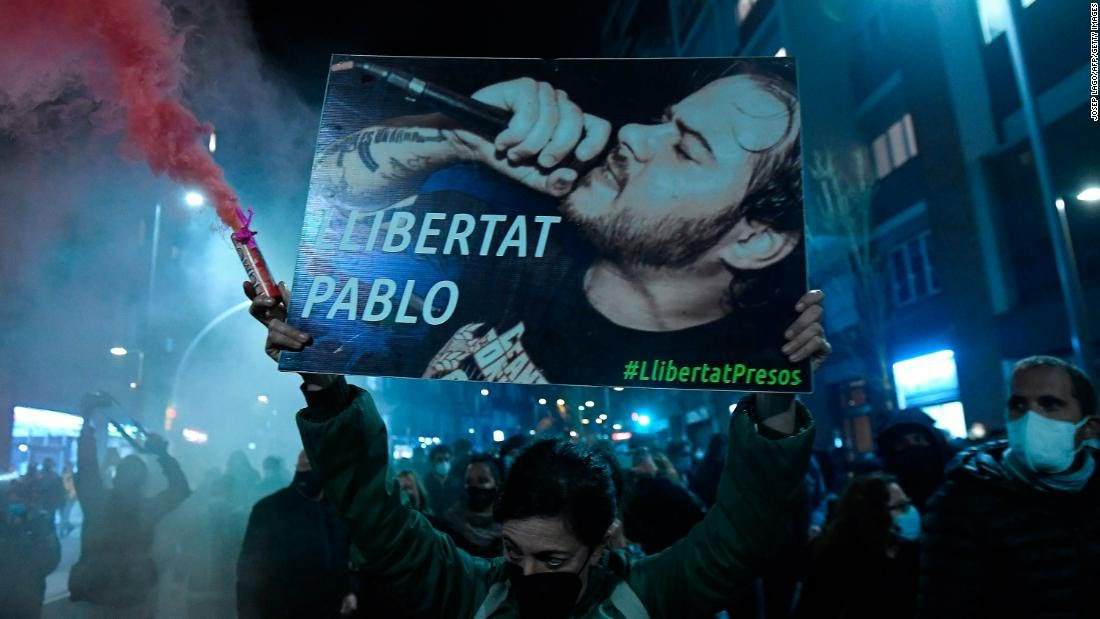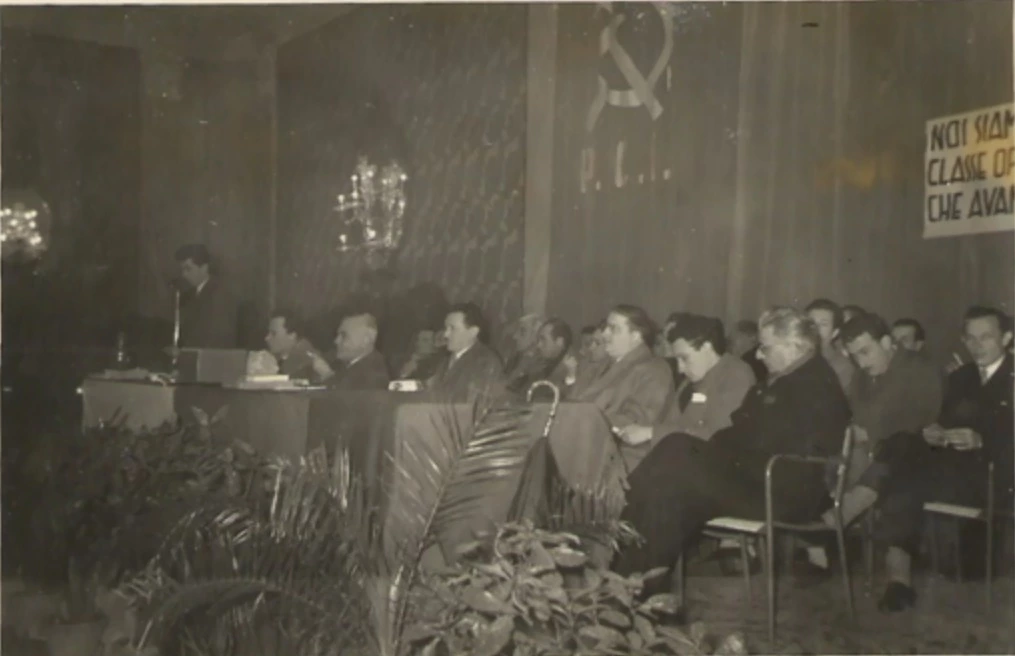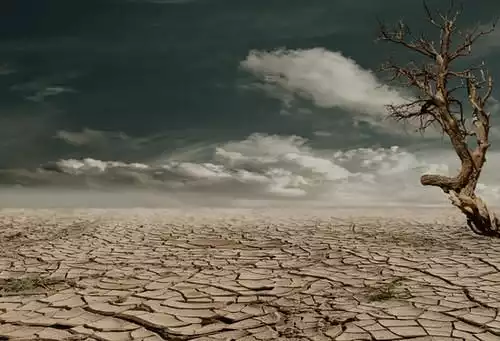At home and abroad, Socialist states have been at the forefront of public health, international aid efforts and medical research from the earliest days of the pandemic. Vietnam, Laos, Cuba and China have shown impressive determination in defeating the virus and protecting their populations. At the same time they have provided crucial international aid globally and made major contributions to medical research. Here we break down the impressive domestic and international records of these Socialist states during the pandemic.
Vietnam:
Vietnam has rightly received international praise for its measures against the virus. For a long time the country maintained a near-unique zero-death record. Only a resurgence in July and August saw this record broken.
Strict quarantine, testing, an effective system of contact tracing, masks, and lockdowns when necessary have all played a part in Vietnamese policy, alongside a public information programme that has included a catchy music video. In March, Kidong Park, the World Health Organization’s representative in Hanoi, praised Vietnam’s “proactiveness and consistency throughout the response”.
At the time of writing the number of new cases per day has fallen back to the low single digits and the total number of coronavirus deaths for the entire year is only 35.
Vietnam has also done its part in terms of international solidarity, including donating 110,000 reusable face masks to mid-Yorkshire NHS Trust in England. By early May, Vietnam had donated half a million face masks to Europe.
Vietnamese doctors’ determination to do all they could for their patients was highlighted when a Scottish pilot was saved after being on a ventilator for 68 days. "If I'd been almost anywhere else on the planet, I'd be dead. They would have flicked the switch after 30 days," Stephen Cameron noted. The case highlighted national coordination of specialists examining individual cases.
Although a developing country, Vietnam is undertaking medical research and treatments are being researched. They expect to begin trials of a Vietnamese-made vaccine in October.
Laos:
The Lao People’s Democratic Republic has so far not recorded any coronavirus deaths and has had only the occasional intermittent case since it defeated the virus early in June. Howard Sobel, acting World Health Organization representative in Laos, thanked health workers for their efforts and drew attention to “early warning and early detection systems, contact tracing”, the preparations made by the Lao health system, and quarantine centres, all of which played a role.
An International Red Cross & Red Crescent representative in the country, Ludovic Arnout, said: ““It’s difficult to hide, so yes, I believe it”, and noted the government’s community awareness campaign and the widespread use of face masks, according to Reuters.
Cuba:
The pandemic has damaged an economy already struggling due to the long-standing US embargo. But Cuba has had remarkable success against the virus. It has had 88 deaths in total. Its response was conceded to be a “success” even by the US right-wing periodical Foreign Policy, which stated: “Lately there have been fewer than five cases detected per day and hundreds of tests have been carried out for every new case detected. Some days no new cases are detected, despite continued mass testing.”
Laura Hood has written that Cuba’s centrally planned economy allows it to mobilise resources quickly and that it has a remarkable disaster-preparedness system (as shown in its low levels of deaths from hurricanes).
The high doctor-to-patient ratio allows an effective test-and-trace system. William Leogrande of the American University in Washington DC told the Guardian: “We know scientifically that quick identification of cases, contact tracing and quarantine are the only ways to contain the virus in the absence of a vaccine – and because it begins with prevention, the Cuban health system is perfectly suited to carry out that containment strategy.”
Cuba has maintained a record of international solidarity. The Independent recently reported that Cuba has “won international praise for its conduct during the Covid-19 pandemic, sending more than 800 doctors abroad to work in virus hotspots as part of its long-standing policy of medical internationalism.” Italy, Andorra, Haiti, Jamaica, Nicaragua and Venezuela are among the countries that have welcomed Cuban medical teams. Italy received 52 Cuban doctors and nurses in April.
Also in April, Cuba came to the rescue of the coronavirus-stricken British cruise ship Braemar and its 682 mainly British passengers. After several countries, including the Bahamas and Barbados, refused to let the Braemar dock, Cuba granted permission for it to do so in Havana. Crew members held up a sign saying “We love you, Cuba”. The British Ambassador later wrote: “During Operation Braemar, I witnessed the many qualities of the Cuban people, their humanitarian principles, kindness and hard-working attitude; facets of the Cuban character that I have come to know and love since I came to the country.”
Cuban biotech and medical research is well advanced and the country is using Interferon Alfa 2B as a treatment for the virus. In August Cuba began trials of a potential vaccine developed at its state-of-the-art publicly owned and run research facilities.
China:
China had the difficulty of being the first country to face considerable community transmission of the new disease and to have to find measures to deal with it. In March, a report by a mission co-organised by the WHO and Chinese government noted that “China has rolled out perhaps the most ambitious, agile, and aggressive disease containment effort in history”. The number of death from COVID in China remains currently under 5000.
In the initial months of tackling their own crisis, China wasted no time engaging in an international aid mission, most notably propping up the EU pandemic response which saw the devastating neglect of the hardest hit countries across the bloc. As the pandemic ravaged Italy, China sent a team of hundreds of intensive care specialists. The country also provided crucial donations of PPE to countries across Europe. In March, China donated PPE to Italy, Poland, Spain and Greece while in all, China donated 22 million pieces of PPE to the UK during April.
The Chinese government and Chinese companies donated PPE, testing kits and ventilators to Algeria, Nigeria, Zimbabwe and a number of other African countries, and Algeria welcomed a Chinese medical team.
Furthermore, a number of potential vaccines are already being tested in China.
Despite this incredible global Socialist response attempts have been made by the Western media to diminish the crisis response of these nations and perversely in some instances hold China responsible for the pandemic. Nevertheless, it is our hope that workers across the world will not forget, for the second time in living memory, the countless lives saved through the solidarity of Socialist states.
Socialist states have, furthermore, demonstrated the potential of Socialism, in its tireless dedication to healthcare and international solidarity, to mobilise both a national and international crisis response exceeding those of Europe or the US. For the future of healthcare across the world, it is crucial that we acknowledge the incredible crisis response of the Socialist states in the face of the inability for our health systems to manage during the crisis.
